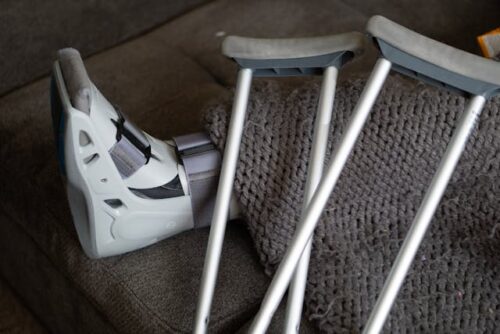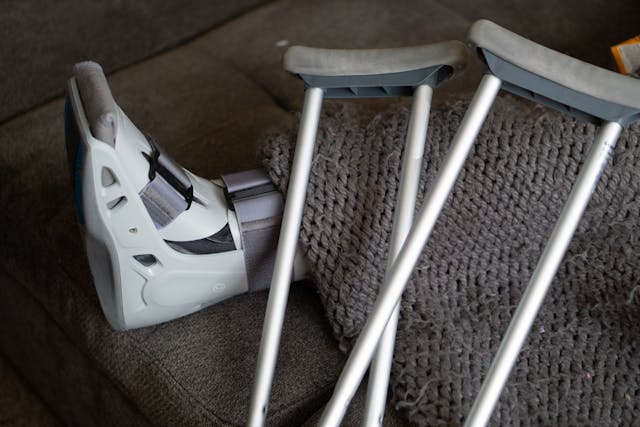
Connecticut law allows victims of negligence to seek compensation for the damages they’ve incurred (usually in the form of physical injuries/emotional distress and the resulting impact on loss of earnings and loss of earning capacity). That said, if you’ve been hurt due to another party’s negligence, you’re most likely wondering what exactly constitutes a valid personal injury claim. Read on and reach out to a skilled Fairfield County, Connecticut personal injury lawyer to learn more.


What Types of Injuries Constitute a Valid Personal Injury Claim?
A personal injury claim arises when harm results from another’s negligence or intentional act. Connecticut General Statutes Section 52-584, mandates that a lawsuit must be filed within two years of the injury date. This period is known as the statute of limitations.
Some claims resolve without a lawsuit, but others require a lawsuit. It’s imperative for victims to understand this timeframe to preserve their right to compensation. Injuries can range widely, from minor bruises to severe, life-altering conditions or death.
How Are Emotional Injuries Evaluated?
Emotional and psychological injuries are often under-assessed. Initially, it is generally recognized that with any physical injury, everyone is expected to experience what can be referred to as “garden variety” emotional distress. The more severe the injury, the greater the emotional distress. While there may be an anticipated level of emotional distress for a particular injury, some of us are less resilient than others, and some of us are more fragile than our peers. In evaluating any emotional injury, it is important that you be prepared to talk about these issues – first to health care providers and then to your attorney. While you will be an important witness of your claims of emotional distress, so too will your family members. Another factor that can make a huge difference in achieving appropriate compensation for your emotional injuries is to secure mental health treatment from a licensed provider– but only if warranted.
Can Pre-existing Conditions Affect Your Claim?
Many wonder if a pre-existing condition will impact their ability to file a personal injury claim. The short answer is nuanced. Connecticut law recognizes the “Eggshell Plaintiff” doctrine. This legal principle means you take the victim as you find him or her, pre-existing physical and/or mental health conditions and all.
If an accident exacerbates a pre-existing condition, the at-fault party is still legally responsible for the worsened condition. Documentation and medical records are vital in these cases to demonstrate the accident’s impact on your condition.
If you have additional questions or you believe you may have a valid personal injury claim and are currently seeking compensation, please don’t hesitate to contact Casper & de Toledo today. We are here to fight for you and your recovery, every step of the way.

